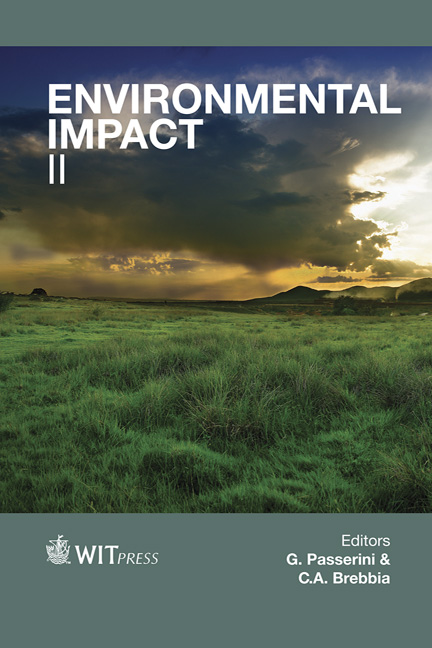Field Study On Economic Impact Of The Working Environments In Non-temperate Climates
Price
Free (open access)
Transaction
Volume
181
Pages
13
Page Range
161 - 173
Published
2014
Size
826 kb
Paper DOI
10.2495/EID140141
Copyright
WIT Press
Author(s)
R. M. Ahmed
Abstract
During the past few decades and in the rapidly developing tropical climates of Asia-Pacific regions and the hot arid climates of the Arabian Peninsula, engineers have focused on creating comfortable indoor environments inductive to productivity in an aim to promote \“sustainable development” with a resultant heavy reliance on HVACs for ventilation. Research on office performance has shown that occupants’ exposures to inadequate ventilation rates and to elevated or very low temperatures attribute to a higher prevalence of employees’ illnesscaused absence; which, in a sense, is reflected in their income. However, scare data is available regarding to which extent the working environment has affected employees’ income particularly that the effect of temperature, thermal comfort and quality of air from the HVAC systems used in the Arabian Peninsula is less understood. This study is investigating the impact of the working environments on employees’ economic status in non-temperate climates. A field study of thermal comfort was conducted in Saudi Arabia, during the fall of 2013, in which over 800 workers responded to a questionnaire while simultaneous physical measurements were taken. The results suggest that employees in Saudi Arabia became highly accustomed to air conditioners; perceiving temperature 22°C as the comfortable temperature compared to 25°C. However, their productivity has been impaired and their absenteeism rates have doubled with an equivalent salary deduction of 1/8 of the typical payment per annum. Keywords: field study, indoor temperature, indoor air quality (IAQ), nontemperate climates, working environments, employees’ productivity, illnesscased absence, economic impact.
Keywords
field study, indoor temperature, indoor air quality (IAQ), nontemperate climates, working environments, employees’ productivity, illnesscased absence, economic impact.





